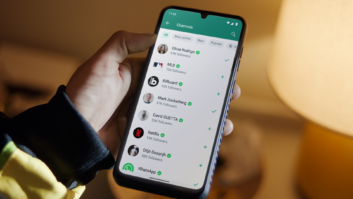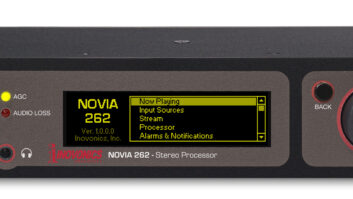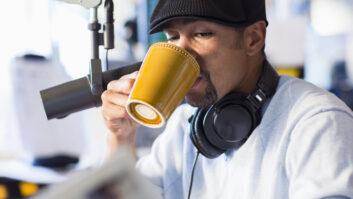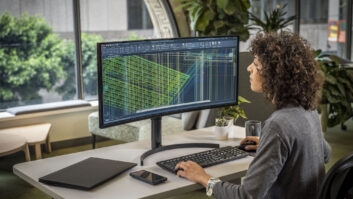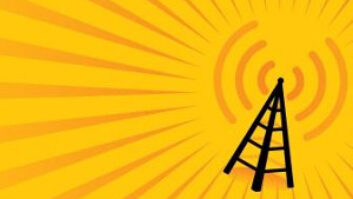I wrote in June that state broadcast associations should do much more to help encourage development of engineering talent by getting directly involved in training. I cited an effort by the Alabama Broadcasters Association as an example.
Another comes from the Wisconsin Broadcasters Association, which recently held its first Media Technology Institute in conjunction with its summer conference; 24 people took part in the workshops.
The WBA has a history of being responsive to the interests and needs of engineers (recall our coverage of the Broadcaster Emergency Personnel ID Card Program; see https://www.radioworld.com/links). This new training was a joint effort of the WBA and its Educational Foundation, and funded in part by WBA and Midwest Communications.
‘Practical, instructional’
Veteran engineer Terry Baun was chief instructor and focused on “practical, instructional courses for prospective, beginning and current broadcast/media engineers.” This was no two-hour overview, either, but a four-day program. Consider it a possible model for such a program in your state.
Day 1 offered a general intro to the profession and covered the business model of broadcasting, how engineering fits at a station, skill sets needed and how “traditional” engineering is evolving. It explored radio and TV studio design, program distribution and delivery, and the role of engineering in development, construction and modification of facilities, plus changes wrought by digitization.
Day 2 was “RF Day.” According to the program materials, “The instruction begins with basic atomic/electrical theory and proceeds to detailed discussion of the development of the art and science of RF generation, including telegraphy, AM and AM directional, FM, and television VHF and UHF.” Also included were antenna theory and a demo of test and measurement equipment. The students heard about IBOC digital radio and the 8VSB digital television transmission standard. The program did not include a visit to a transmitter site, as Alabama’s did, but it sounds like that is on the radar for future.
Day 3 was spent at the WBA Summer Engineering Conference, which included technical presentations by vendors and clients and an engineering luncheon. An engineering reception included technical exhibits and discussions with vendors.
And the last day covered IT/network fundamentals and more advanced areas of IP management and network design, then moved on to FCC rules and chief operator duties for radio/TV; safety and security for engineers and the public; and a final Q&A.
Much needed
The cost to each student was $399, which included the three hotel nights and numerous meals. The program was funded in part by WBA and Midwest Communications.
“Since this was a joint venture between the WBA and the WBA Foundation, it was not meant to be a moneymaker but rather provide a much needed service to our industry,” Vice President Linda Baun said, putting emphasis on the word “much.”
She continued, “Action to the question ‘Where is the next engineer coming from?’ rests on us to grow our own. The return on this program is not measured in money but rather in the knowledge and seed planted to ensure the future of the broadcast engineer.”
The association’s Education Committee, made up of university and technical school faculty, promoted the program; WBA provided PR material to its members and asked SBE chapters and its own Clinic Committee to spread the word too.
Linda Baun tells me that President/CEO Michelle Vetterkind was instrumental in getting approval from station leaders who make up the board and in presenting the idea of a joint venture to the WBA Foundation. (Says Baun of Vetterkind: “She also has an engineer’s heart.”)
Well done, WBA and Midwest Communications. Congrats as well to the students who put their own money forth to expand their professional horizons, and to TV station WSAW in La Crosse, which provided scholarships for three people to attend the institute. Another great idea.
Does your state have a similar program? Are you planning one? Tell me about it at [email protected].








